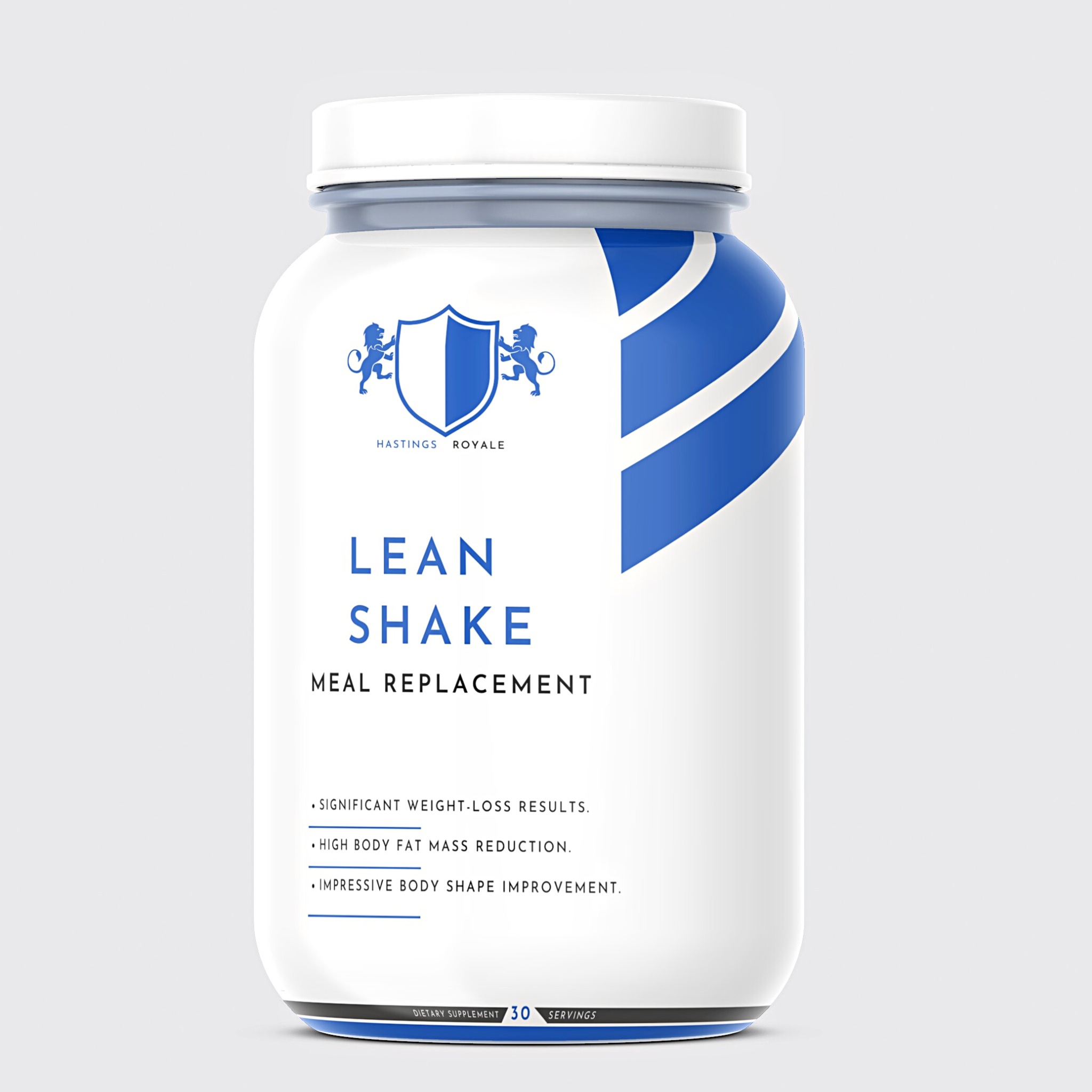Article: Unveiling the Science Behind Whey Protein Powder: What You Need to Know

Unveiling the Science Behind Whey Protein Powder: What You Need to Know
Unveiling the Science Behind Whey Protein Powder: What You Need to Know
Whether you're a seasoned athlete or a casual fitness enthusiast, the buzz around whey protein powder is hard to ignore. But what exactly is it about this supplement that makes it so popular among fitness enthusiasts? In this article, we will dive deep into the science behind whey protein powder and uncover everything you need to know.
Whey protein is derived from milk during the cheese-making process and has been proven to be a highly bioavailable source of protein. It is packed with essential amino acids that are crucial for muscle repair and growth. Additionally, whey protein is easily digested, making it an ideal post-workout supplement to help replenish your muscles.
But the benefits don't stop there. Research has shown that whey protein can also aid in weight loss, improve immune function, and promote satiety. It's no wonder why it has become a go-to supplement for athletes and fitness enthusiasts alike.
In this article, we will explore the various types of whey protein, its benefits, dosage recommendations, and potential side effects. So, if you're curious about incorporating whey protein powder into your fitness routine, keep reading to find out everything you need to know.
Different types of whey protein powder
Whey protein is a complete protein, meaning it contains all nine essential amino acids that the body needs but cannot produce on its own. These amino acids are the building blocks of protein and are essential for muscle repair, growth, and overall health.
The bioavailability of whey protein is another factor that makes it stand out. Bioavailability refers to the ease with which a nutrient is absorbed and utilized by the body. Whey protein is highly bioavailable, meaning it can be quickly and efficiently absorbed by the muscles.
One of the reasons behind whey protein's high bioavailability is its composition of branched-chain amino acids (BCAAs). BCAAs are known for their role in promoting muscle protein synthesis and reducing muscle protein breakdown. This makes whey protein an excellent choice for individuals looking to maximize their muscle gains and enhance recovery.
In addition to its muscle-building properties, whey protein has also been shown to have immune-boosting effects. The amino acids in whey protein, such as glutamine and cysteine, play a crucial role in supporting immune function by strengthening the body's defense mechanisms.
Benefits of whey protein powder
There are three main types of whey protein powder: whey protein concentrate, whey protein isolate, and whey protein hydrolysate.
Whey protein concentrate is the most common and cost-effective form of whey protein. It contains a slightly higher amount of fat and lactose compared to the other forms. However, it still provides a significant amount of protein and is suitable for most individuals, especially those who are not lactose intolerant.
Whey protein isolate undergoes further processing to remove most of the fat and lactose, resulting in a purer form of protein. It is a good option for individuals who are lactose intolerant or have digestive issues, as it contains very little lactose.
Whey protein hydrolysate is the most processed form of whey protein. It undergoes partial hydrolysis, which breaks down the proteins into smaller peptides, making it easier to digest. This form of whey protein is often used in medical formulas or for individuals with severe allergies or digestive disorders.
Whey protein powder and muscle growth
Whey Protein Powder and Muscle Growth
One of the primary reasons why whey protein is so popular among athletes and bodybuilders is its ability to promote muscle growth. The essential amino acids in whey protein, particularly leucine, play a crucial role in stimulating muscle protein synthesis, the process by which the body builds new muscle tissue.
Numerous studies have shown that consuming whey protein after exercise can significantly increase muscle protein synthesis, leading to greater gains in muscle mass and strength. Whey protein is also effective at preserving muscle mass during periods of calorie restriction or weight loss, making it an essential supplement for individuals looking to maintain their muscle while shedding body fat.
Whey Protein Powder and Weight Loss
In addition to its muscle-building properties, whey protein can also assist in weight loss efforts. Protein is known to be more satiating than carbohydrates or fats, meaning it can help reduce appetite and prevent overeating.
Research has shown that consuming whey protein as part of a reduced-calorie diet can help promote fat loss while preserving lean muscle mass. By increasing feelings of fullness and reducing cravings, whey protein can support individuals in sticking to their dietary goals and maintaining a calorie deficit.
Whey Protein Powder and Overall Health
Beyond its impact on muscle growth and weight loss, whey protein offers several other health benefits. Studies have shown that whey protein can help lower blood pressure and improve cardiovascular health by increasing the production of nitric oxide, a compound that relaxes blood vessels and improves blood flow.
Whey protein has also been found to enhance immune function. The amino acids in whey protein, such as glutamine and cysteine, play a crucial role in supporting the immune system by strengthening the body's defense mechanisms.
Additionally, whey protein has been shown to have antioxidant properties, which can help reduce oxidative stress and inflammation in the body. This can have a positive impact on overall health and may even help prevent certain chronic diseases.
Whey protein powder and weight loss
With so many options available on the market, choosing the right whey protein powder can be overwhelming. Here are a few factors to consider when selecting a whey protein powder:
1. Protein content: Look for a whey protein powder with a high protein content per serving. Aim for at least 20 grams of protein per serving.
2. Ingredient quality: Opt for whey protein powders that are free from artificial additives, fillers, and sweeteners. Look for products that have minimal ingredients and are sourced from high-quality dairy sources.
3. Taste and texture: Consider the taste and texture of the whey protein powder. Some brands offer a wide variety of flavors, while others may have a more natural or neutral taste.
4. Digestibility: If you have digestive issues or lactose intolerance, consider choosing a whey protein isolate or hydrolysate, as they have lower lactose content and are easier to digest.
5. Brand reputation and reviews: Research the brand's reputation and read customer reviews to ensure you're purchasing a high-quality product.
Whey protein powder and overall health
Now that you have a better understanding of the science behind whey protein powder and its benefits, you may be wondering how to incorporate it into your diet.
The most common way to consume whey protein powder is by mixing it with water or milk and drinking it as a shake. This is a convenient and quick way to get a high dose of protein post-workout or as a snack throughout the day.
Alternatively, you can also add whey protein powder to smoothies, oatmeal, yogurt, or even baked goods to increase their protein content. This allows for more versatility in incorporating whey protein into your daily meals and snacks.
It's important to note that while whey protein is a valuable supplement, it should not replace whole foods in your diet. It should be used as a complement to a well-rounded diet consisting of lean proteins, fruits, vegetables, whole grains, and healthy fats.
How to choose the right whey protein powder
Whey protein powder is a highly bioavailable source of protein that offers numerous benefits for athletes, fitness enthusiasts, and individuals looking to support their overall health. Its ability to promote muscle growth, aid in weight loss, and improve immune function makes it a valuable supplement to consider incorporating into your fitness routine.
When choosing a whey protein powder, consider factors such as protein content, ingredient quality, taste, digestibility, and brand reputation. By selecting a high-quality product that suits your specific needs, you can maximize the benefits of whey protein powder.
Remember, whey protein powder should be used as a supplement and not a replacement for whole foods. It's essential to maintain a well-balanced diet that includes a variety of nutrient-rich foods to support your overall health and fitness goals.
So, whether you're looking to enhance your muscle gains, support weight loss efforts, or improve your overall health, whey protein powder may be just the supplement you've been searching for. Give it a try and experience the science-backed benefits for yourself.
Conclusion and final thoughts
Now that you have a better understanding of the different types of whey protein, let's explore how you can incorporate it into your diet. Whey protein powder is incredibly versatile and can be added to a variety of foods and beverages.
1. Protein Shakes
One of the most popular ways to consume whey protein powder is by mixing it into a protein shake. Simply blend your desired amount of whey protein powder with water or milk, add some fruits or vegetables for added nutrients, and enjoy a delicious and nutritious shake.
2. Smoothies
If you're looking for a more substantial and filling option, you can add whey protein powder to your favorite smoothie recipe. The protein powder will not only enhance the nutritional value of your smoothie but also help keep you satisfied and energized throughout the day.
3. Baked Goods
Believe it or not, whey protein powder can also be used in baking. You can replace a portion of the flour in your recipes with whey protein powder to increase the protein content of your baked goods. This is a great option for those who want to enjoy their favorite treats while still meeting their protein needs.

